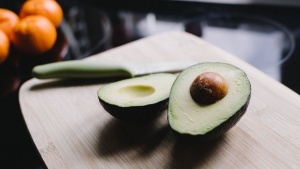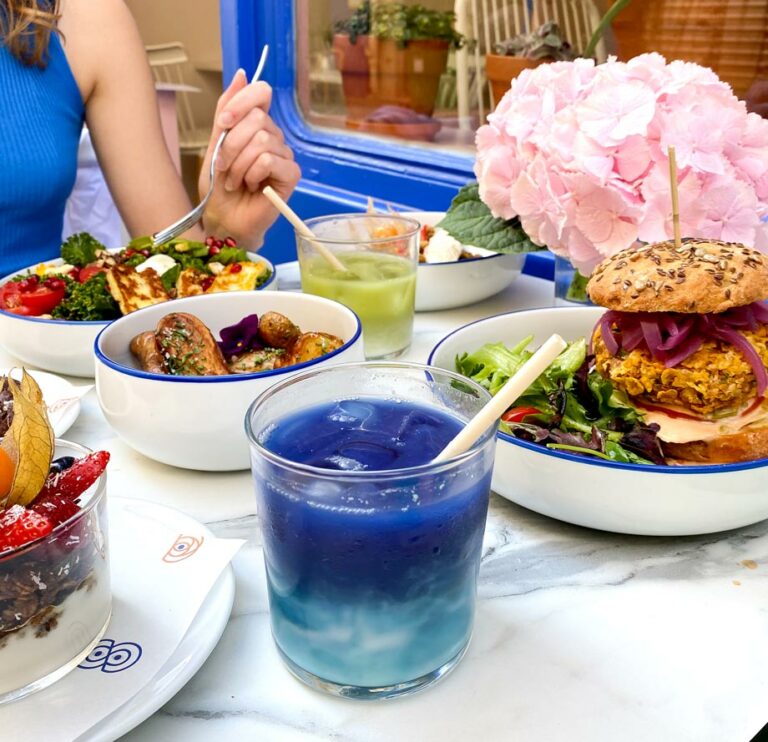
Living In Paris: What Is It Really Like To Live In Paris As An Expat
If you’ve lived in a major European city before, you may find aspects of living in Paris less of a shock to the system. There are parallels between London and

1. Cut out sugar and refined carbohydrates
Cutting out sugar and refined carbohydrates means eliminating processed foods, especially ultra-processed meals such as pizza, chicken nuggets, chips and other salty, sweet and savoury snacks, packaged baked goods, microwave-ready meals, instant soups and sauces. Recently, French researchers have warned that ultra-processed foods such as these can raise your risk of cancer; plus the more you eat, the greater your risk.
In addition, health conditions such as diabetes, obesity, heart disease, liver damage, kidney disease, acid reflux and osteoporosis are linked to the consumption of these foods. When you consume them, your body increases the amount of dopamine it produces, which stimulates the pleasure centre of the brain making them addictive. This explains why many people find it hard to give them up. But it is possible to quit and you will feel much better for it.
2. Eat twice a day within a window of 8 hours
Restricting your eating in this way has many health benefits, including weight loss, balancing blood sugar levels, disease prevention, improving sleep and optimising energy production. Once you get used to it, you will feel energised and start to thrive. If you are diabetic, hypoglycaemic pregnant or breastfeeding, it is best to do this under the guidance of a health professional.

3. Avoid unhealthy fats and oils
Transfats, which are also known as hydrogenated or partially hydrogenated vegetable oils, are fats that have been treated to make them easier to work with. They are cheap, malleable and help products seem fresher for longer and taste nicer. They are the least healthy of all fats because they are difficult for our bodies to process and are associated with type 2 diabetes, heart disease and strokes.
Processed vegetable oils, such as sunflower oil or corn oil, are also unhealthy. The processing of them results in the destruction of all nutrients. When they are heated, their molecular structure changes, producing chemicals that may cause heart disease and cancer.
4. Eat more fibre
A high fibre diet may reduce your risk of chronic diseases such as diabetes, heart disease and cancer.
5. Eat more fermented foods
Fermented foods contain high levels of beneficial bacteria (much higher than in a probiotic supplement) and are powerful detoxifiers, making them perfect for optimising your gut health. They produce nutrients such as B vitamins and vitamin K2, plus help with mineral absorption.
6. Eat good quality protein
Whilst protein is essential for health, eating excessive amounts of it can be harmful. The right amount of protein for any one individual depends on many factors, including the person’s activity level, age, muscle mass, physique goals and current state of health.
Consult a health professional if you are unsure how much protein you should be consuming in a day.
7. Eat good quality fats

8. Get more sleep
Good sleep is vital to our health, wellbeing and performance. It plays a major role in weight management, ageing and mental health.
Sleep deprivation has the same effect on our immune system as physical illness or stress. Try these tips to improve your sleep starting first thing in the morning and continuing throughout the day.
9. Move
Most people spend nine to 10 hours a day sitting, which may seem natural but it is actually contrary to nature. Our bodies are designed to be active and important negative changes occur when we spend most of the day sedentary.
10. Meditate
Meditation and mindfulness are excellent for stress relief and relaxation.

Remember that once you make these lifestyle changes, they will become second nature to you and will become routine. Most of them are simple and go hand-in-hand, such as avoiding sugar and processed foods and eating real foods, eating healthy fats and avoiding harmful ones. I hope you are encouraged and inspired by this action plan to make some of these small changes in your life that may have a huge impact on your health and happiness.
Let me know @sugardoctoruk how you get along!

If you’ve lived in a major European city before, you may find aspects of living in Paris less of a shock to the system. There are parallels between London and

You may well be in the home of gastronomy but if you’re looking for a tasty vegan brunch in Paris it’s best to head to a good vegan restaurant which

It’s hard to think of brunch in Paris without visualising piles of gluten-laden food but the good news is, you can partake if you follow a gluten-free diet. Thanks to
© Charli’s Crew 2024. All Rights Reserved.